How AI Can Guide Your Digital Sales Coaching
Sep 4, 2020
COVID-19 has catalyzed a shift from traditional offices to work-from-home (WFH). This shift poses an assortment of new challenges for employees all over the globe. Sales teams, in particular, must confront unique changes to remote selling in a digital landscape. Gone are the coffee chats, restaurant reservations, and backstage interactions that once functioned to cultivate relationships with customers; the sales process is now confined to virtual interaction. Digital sales coaching is now more important to teams than ever before. While adapting to a newfound prospect ecosystem, sales reps must also face precarious economic conditions spurred by the pandemic. Businesses are now more conservative in their expenditures than before. For instance, Bain & Co. reports that more than half of US businesses have cut their budgets for technology hardware, software, and services this year, in response to the Covid-19 pandemic and related economic fallout. This means that sales reps have to work even harder to sell their products and services to meet their quotas. Below, we outline why reps need virtual sales coaching now more than ever. We also discuss how AI can upgrade and streamline the coaching process.
Great Sales Coaching Drives Great Revenue But is Hard to Execute
Good revenue leaders know that improving sales training and coaching can significantly improve their revenue performance, especially during the era of virtual selling. Methods of sales coaching are unique and tailored to each individual company and most companies have some version of a training program. Some companies use online personal training programs, whereas others focus on manager-led sessions. Regardless of approach, the question that remains to be answered is whether these methods are effective. Research conducted by Gartner has found that B2B sales reps forget 70% of the information they learn within a week of training, and 87% will forget it within a month. Evidently, knowledge retention is an issue that must be addressed with continuous sales coaching. Organizations have traditionally relied on in-personal training, which can be difficult to implement across larger cohorts and differing locations. Technology offers a solution to this issue, providing opportunities for scalable, personalized learning.
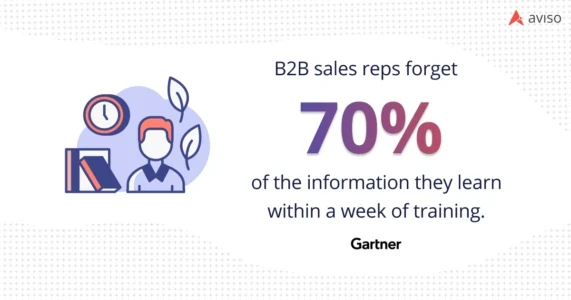
Virtual Sales Coaching to the Rescue During a Global Pandemic
Given the conditions, sales reps face two main challenges:
Adaptation to virtual selling
Selling in an economic downturn
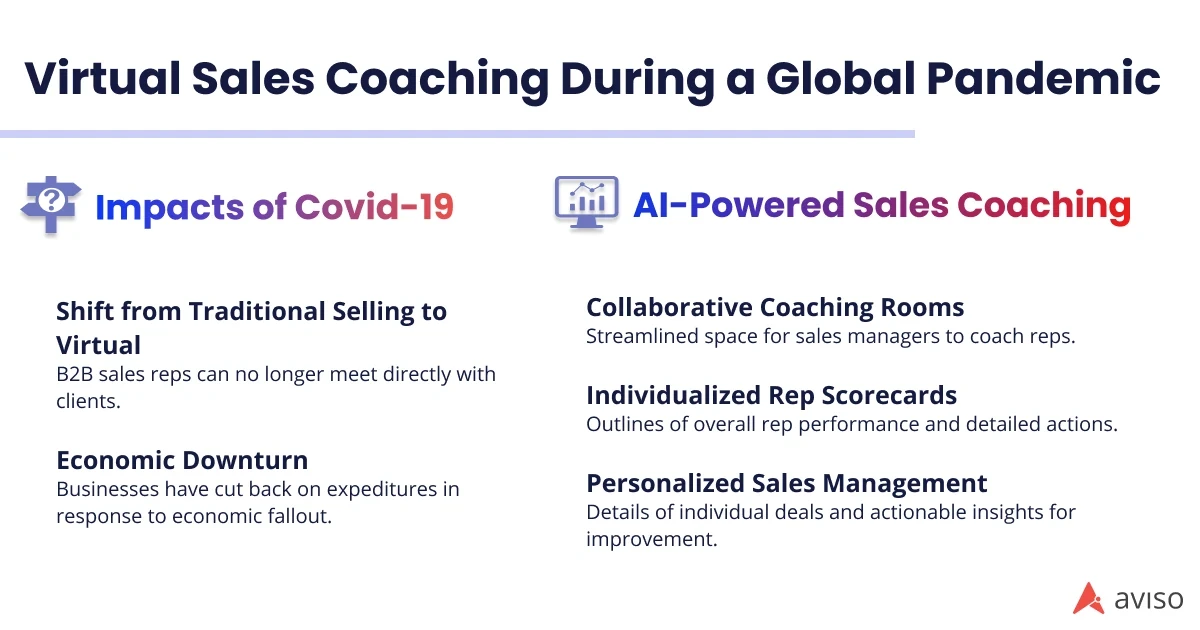
Sales managers must translate traditional goals of customer relationship and loyalty investment into digital channels. This involves emphasizing consistency in messaging and communication, promotion of company branding across platforms and conversations, faster demonstrations of value, and bolstering of sales team virtual literacy and morale.
Augment Sales Coaching with Algorithmic or AI Guided Selling
As of 2020, Gartner predicts that AI algorithms will be part of the sales processes of 30% of all B2B companies. Companies that deploy AI technologies have reported reduced costs, increased efficiency, and enhanced revenue streams.
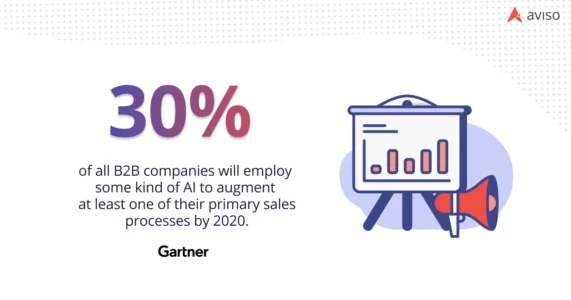
Aside from augmenting the sales processes, AI has demonstrated incredible potential for sales coaching, a feature that very few organizations take advantage of. “Algorithms will show sellers what training to take, what material to send and who to call next,” says Melissa Hilbert, a Senior Director Analyst at Gartner. Machine learning provides role-based, flexible training that analyzes the efficacy of learning methods and adapts to individual needs and learning styles.
Custom Sales Coaching Insights & Manager-Rep Collaboration
Aviso offers a solution for this industry need, presenting an AI-based platform that addresses the aforementioned pain points and optimizes sales coaching initiatives. Here’s how Aviso can help:
Collaborative Coaching Rooms. As part of Aviso’s Digital WarRooms, coaching rooms provide a streamlined space for managers and reps to collaborate remotely with high efficiency.
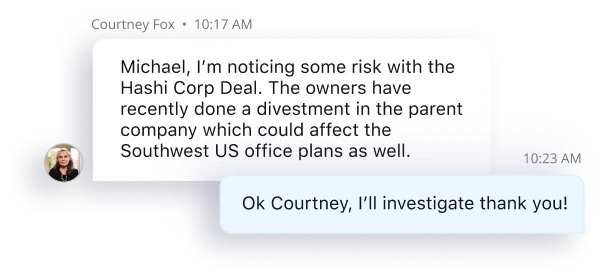
Individualized Rep Scorecards. Coaching rooms include sales rep scorecards, which outline a rep’s overall performance in relation to their actions, such as closing deals and building relationships with key account stakeholders. Managers can easily access these comprehensive analyses and tailor their coaching accordingly.
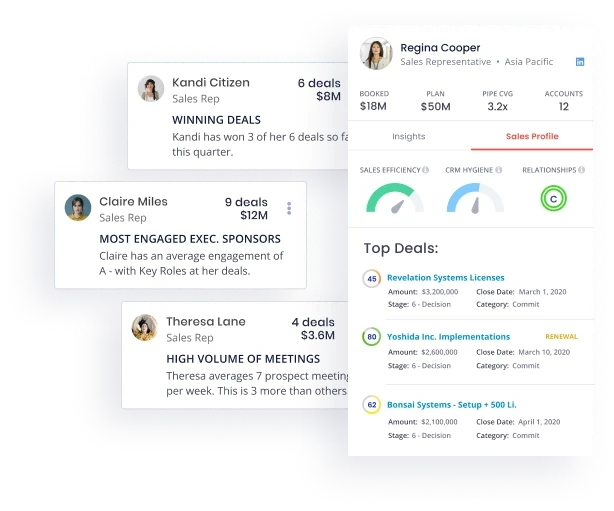
Personalized Sales Management. Aviso compiles data on the individual deals that a sales rep is an owner of, provide veritable reports into the reasons behind a deal’s performance, and generates actionable sales coaching insights. Sales managers can dive into the individual details of each deal and make evidence-based suggestions for improvement.
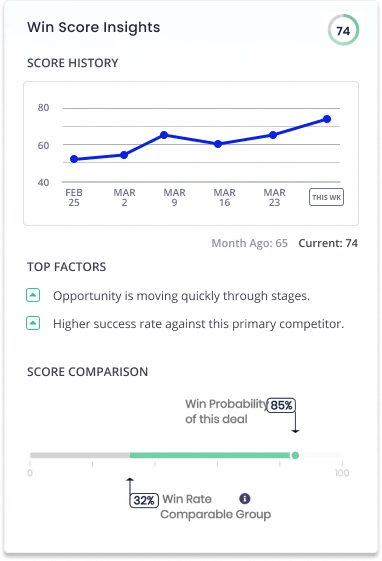
Virtual selling is here to stay for the foreseeable future, and remote employment has altered the way sales teams must address their goals and tackle their quotas. Sales coaching is one way to mitigate risk and boost revenue in a new digital ecosystem. As a result, organizations can better cultivate customer relationships, augment sales strategies in a virtual setting, and maximize growth. We recommend using a cohesive, centralized platform for sales managers to examine the actions of their reps and coach them effectively. Check out this video to see sales rep coaching with AI in action.




